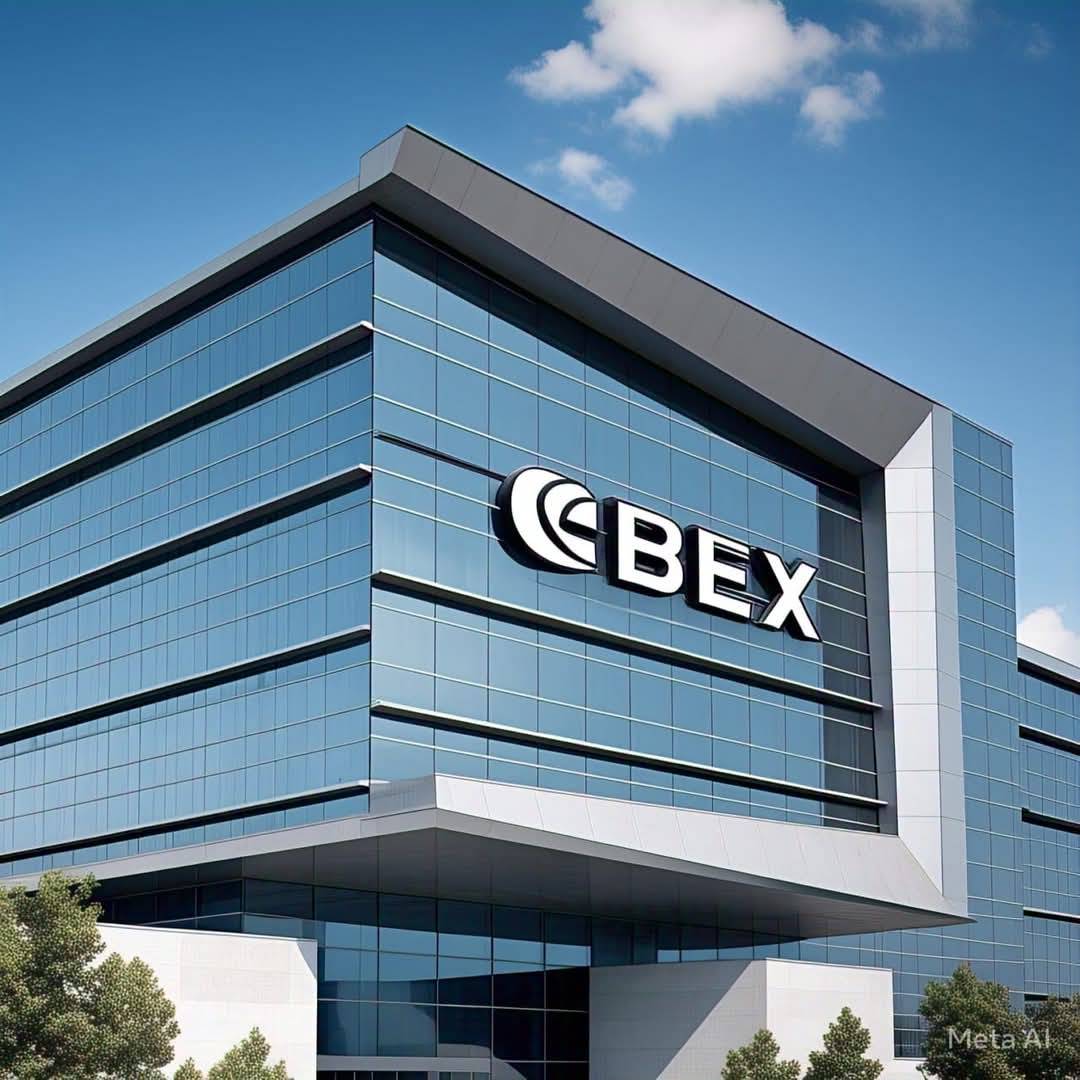Hey everybody, have you heard the big news? CBex has crashed and, in fact, turned out to be a Ponzi scheme!
This is definitely not the first time Nigerians are falling straight into a Ponzi scheme. Though I’m surprised I didn’t hear about this one well before it crashed—or should I say before the “investors†ran away? Either way, before I dive into the long list of Ponzi schemes Nigerians have fallen for, let’s first define what a Ponzi scheme is, shall we?
“A Ponzi scheme is a type of financial fraud where returns are paid to earlier investors using the money contributed by newer investors, rather than from profit earned by the operation of a legitimate business.â€
That’s the dictionary definition—very official, very boring. So, I asked ChatGPT to explain it to me like I’m five. And here’s what it came up with:
The Sweet Story of Mr A the Trickster Imagine this:
You have a friend named A who says, "Give me 1 sweet today, and I’ll give you 2 sweets tomorrow!"
You think, “Wow! That’s cool!†So, you give him 1 sweet.
The next day, he gives you 2 sweets—just like he promised. You’re happy!
But what you don’t know is… Tunde didn’t have any sweets of his own. He just took sweets from your other friends, like B and C, to give you yours.
Later, more people give him sweets because they all want double too. Then one day, Mr A thinks: “I’ve collected enough sweets from everybody. I’m not giving anyone anything. I’m gone!â€
Then he disappears with everyone’s sweets—and that’s stealing.
Now that we understand the scam, let’s talk history.
Nigeria’s Greatest Ponzi Hits (So Far):
MMM Nigeria (2016–2017): Legendary crash
Ultimate Cycler (2016): Crashed with style
Twinkas (2017): Twinkled, then vanished
Givers Forum: You gave, they for-ran
Loopers Club: Looped people into nothingness
MBA Forex (2020): No MBA, no Forex—just fraud
RackSterli (2021): Racked money, then sterli-gone
CBex (2025): Latest episode of Ponzi Diaries
You would think with this long list, Nigerians would have learned—but unfortunately, they haven’t.
I mean, MMM alone humbled a whole nation. People were crying online: “MMM has crashed and took my 2 million!†“My rent! My school fees! My goat money!â€
And what did we do a few months later? We entered another Ponzi. Rinse and repeat. Honestly, at this point, I’m not sure if it’s poverty or premium-grade greed.Honestly, falling for MMM is forgivable—because many, if not most, working-class Nigerians fell for it too.
But falling for another Ponzi scheme just a few months after MMM? Then falling for another and another? I don’t get it—is it poverty or greed?
Now, back to CBex.
CBex (a digital trading platform) paraded itself as a company registered in "Canada" with an office in Nigeria. They even had a fancy website and all that. All you had to do was invest money and get a 100% return in 30 days. The higher your investment, the higher your return.
Put ₦100k, get ₦200k. Easy money, right? Some people actually made money early on. They withdrew small-small, said “This thing dey pay!†Then they got bold, put all their money back—and guess what?
CBex carried their funds, waved goodbye, and ghosted.
So Let’s Ask the Real Question: Poverty or Greed?
According to the IMF, over 75% of Nigerians live on less than $1 a day. So maybe poverty pushed some people into CBex with the hope of affording a decent meal.
But then again, I know someone who made $40,000 from CBex. And what did they do? They invested everything back into it. Omo, is that poverty or just spiritual greed? Whatever it is, one thing is sure: There’s no free money—even in Free Town.
So, next time someone says, “Double your money in 24 hoursâ€â€” Just smile and say, “Mr A, I know your game?



No comments yet
Be the first to share your thoughts!